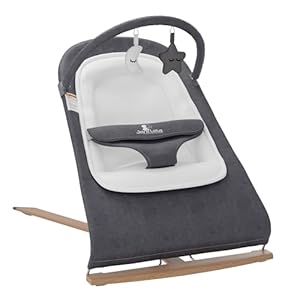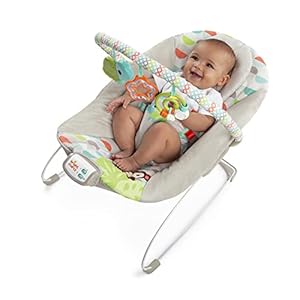
Eating the right foods during pregnancy is vital for your health and your baby’s development, but do you know the specific foods that can provide you with the essential nutrients needed? From colorful fruits and leafy greens to lean proteins and whole grains, the choices you make can impact your pregnancy journey significantly. But what exactly should you include in your diet to ensure you are nourishing yourself and your growing baby effectively? Let’s explore the key foods that can support a healthy pregnancy and help you make informed choices for you and your little one’s well-being.
Importance of a Balanced Diet
Ensuring you maintain a balanced diet during pregnancy is crucial for the health of both you and your baby. Your body requires a variety of nutrients to support the growth and development of your baby while also keeping you healthy. Eating a well-rounded diet can help prevent complications such as gestational diabetes, preeclampsia, and low birth weight.
During pregnancy, your nutritional needs increase, and it’s essential to consume a mix of fruits, vegetables, whole grains, lean proteins, and dairy products. These foods provide essential vitamins and minerals like folic acid, iron, calcium, and protein that are vital for your baby’s development and your overall well-being. By incorporating a diverse range of foods into your meals, you can ensure that you’re getting the necessary nutrients for a healthy pregnancy.
Remember to listen to your body’s cues and eat when you’re hungry while also being mindful of portion sizes. Stay hydrated, aim for regular physical activity, and consult with your healthcare provider to create a tailored meal plan that meets your specific nutritional needs during this special time.
Key Nutrients for Pregnancy
To support the growth and development of your baby during pregnancy, it’s important to focus on obtaining key nutrients that are essential for both your well-being and your baby’s health.
One crucial nutrient is folic acid, which helps prevent neural tube defects in the baby. You can find folic acid in leafy greens, citrus fruits, and fortified cereals.
Iron is another vital nutrient as it aids in the production of red blood cells that carry oxygen to you and your baby. Good sources of iron include lean meats, beans, and fortified grains.
Calcium is essential for the development of your baby’s bones and teeth; dairy products, tofu, and leafy greens are rich in calcium.
Omega-3 fatty acids support your baby’s brain and eye development; incorporate salmon, chia seeds, and walnuts into your diet.
Lastly, staying hydrated is key, so drink plenty of water throughout the day to support your overall health during pregnancy.
Foods to Include in Your Diet
For a healthy pregnancy, incorporate a variety of colorful fruits and vegetables into your daily diet. These vibrant foods are rich in essential vitamins, minerals, and antioxidants that support both your health and the development of your baby. Aim to fill half your plate with fruits and vegetables at each meal to ensure you’re getting a diverse array of nutrients.
Include plenty of leafy greens like spinach and kale, which are high in folate, a crucial nutrient for preventing birth defects. Berries such as blueberries, strawberries, and raspberries are packed with antioxidants and fiber, aiding digestion and providing a sweet treat. Citrus fruits like oranges and grapefruits are excellent sources of vitamin C, which helps your body absorb iron and boosts your immune system.
Incorporating a variety of fruits and vegetables not only provides essential nutrients for a healthy pregnancy but also adds flavor and excitement to your meals. Experiment with different types of produce to keep your diet interesting and beneficial for both you and your growing baby.
Foods to Avoid During Pregnancy
Steer clear of certain foods during pregnancy to safeguard your health and the well-being of your baby. Raw or undercooked meat, eggs, and seafood can harbor harmful bacteria like Salmonella, E. coli, and Listeria, which pose risks to you and your baby. Deli meats and unpasteurized dairy products should also be avoided due to the potential presence of Listeria. High-mercury fish such as shark, swordfish, king mackerel, and tilefish should be off the menu as well, as mercury can harm the baby’s developing nervous system.
It’s essential to stay away from raw sprouts like alfalfa, clover, radish, and mung bean during pregnancy since they can carry bacteria that may cause foodborne illnesses. Soft cheeses like Brie, feta, and blue cheese should also be avoided unless they’re made from pasteurized milk. Additionally, limit your caffeine intake and avoid alcohol altogether during pregnancy. By being mindful of these foods to avoid, you can help ensure a healthy pregnancy for you and your baby.
Baby products














